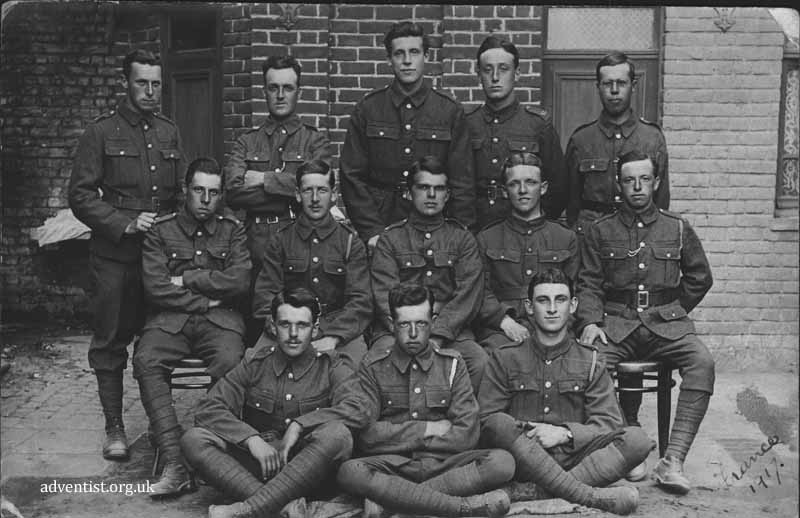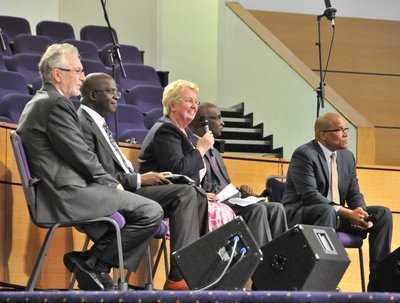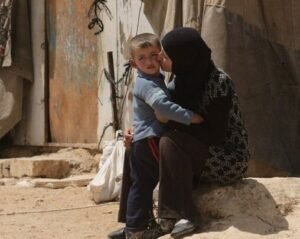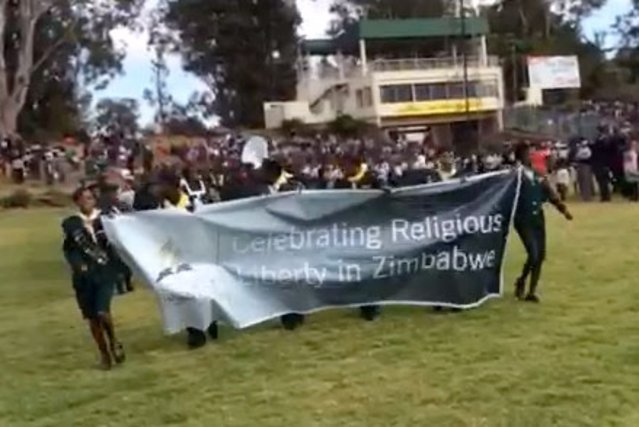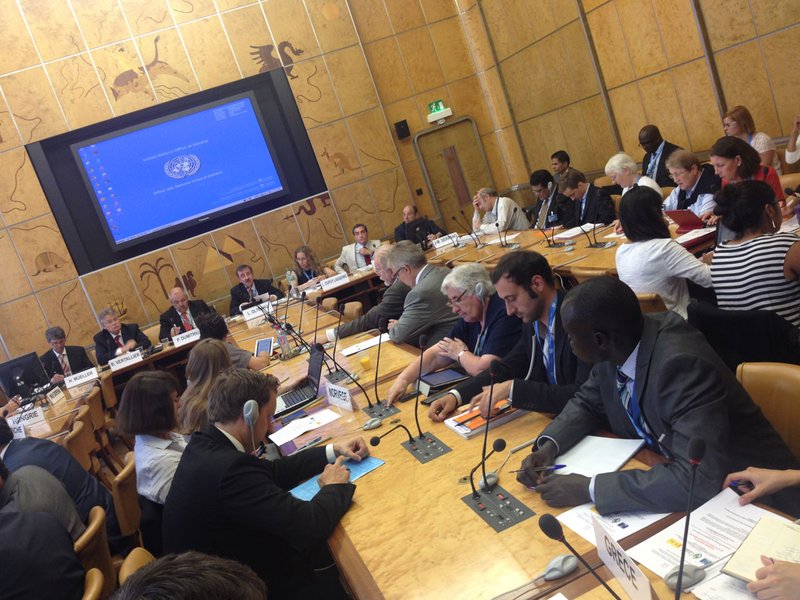Chris Blake uses the language of central and peripheral when discussing the priorities of faith (see "In Christ There Is Neither Conservative Nor Liberal," Adventist Review). In the past few weeks, two communications from Ted Wilson (Seventh-day Adventist world church president) have hinted at what is central and peripheral to Adventism, at least as Wilson envisions it.
First, in the August 2014 edition of Adventist World, Wilson considers noncombatancy in Adventist history ("The Battle: Should Adventists Serve in the Military?"). Wilson briefly describes the early roots of the position:
As with other difficult questions, the pioneer leaders studied the issues using the Bible as their guide, and concluded that the position most consistent with biblical principles was noncombatancy (the conscientious objection to bearing arms). The primary reason for this position was that Adventists serving in the U.S. military would be forced to compromise their loyalty to God if they obeyed the commands of their officers. The two Bible commandments most directly involved were the fourth—to keep the Sabbath holy, and the sixth—not to kill.
This short overview omits that those who enlisted were disfellowshiped, but there certainly isn't room to cover every detail of this early period in such a short article. After considering various aspects of Adventist practice and history, Wilson addresses the question of the church's stance today:
Gary Councell, director of Adventist Chaplaincy Ministries, addresses this question in his book, Seventh-day Adventists in Military Service: “Though the Seventh-day Adventist Church advocates a noncombatant position, pacifism, military service, or noncombatancy are not tests of church membership. The denomination does not act as the conscience for any member or military commander, but it does seek to inform the conscience and behavior of both, so decisions can be made with a maximum of understanding and thought.” [Gary R. Councell, Seventh-day Adventists and Military Service (Adventist Chaplaincy Ministries, 2011), pp. 30, 31.]
Thus, while the official church position is that of noncombatancy—conscientious objection to bearing arms—the decision as to whether or not to serve in the military and bear arms is left to the conscience of the individual.
The church supports Y (noncombatancy), but members are allowed to practice X (combatancy) or Z (pacifism).
Compare this openness to disagreement regarding noncombatancy with a second topic--creation. Wilson spoke about creationism to open the International Conference on the Bible and Science in Las Vegas, Nevada (15 Aug 2014, Adventist Review coverage). Wilson supported a 6-day (6 x 24 hours) recent creation. "We believe that the Biblical creation account in Genesis 1 and 2 was a literal event that took place in six literal, consecutive days recently as opposed to deep time." This is the most common view held by Adventists, as I understand our history, so it is not noteworthy in itself. The notable feature of the speech was the boundary-drawing that marks off who is a true Adventist. Wilson stated,
If one does not accept the recent six-day creation understanding then that person is actually not a “Seventh-day” Adventist since the seventh-day Sabbath would become absolutely meaningless historically and theologically and most of our Biblically based doctrines centered in Christ and His authoritative voice would become meaningless as well. The person may claim to be an “Adventist,” but in reality without the clear Biblical understanding of the foundational Sabbath doctrine and God’s authority as Creator and Sovereign of the universe, it is really impossible to arrange a meaningful theological construct that would lead to or be acceptable for a belief in a literal second coming of Christ. ("God's Authoritative Voice," 18 Aug 2014)
To be a true Seventh-day Adventist, one must believe in (1) a literal six-day creation that (2) happened recently (approximately 6,000 years ago; "Wilson: No Room for Evolutionists in Adventist Schools"). To be a true Seventh-day Adventist, one must agree with both features.
Comparing these two stories reveals what is central to Adventism and what is more peripheral, at least as understood by the current president. A recent, 6-day creation is central or fundamental, so there is apparently no room for alternate views, even on how recently this creation occurred. Social constructs of peace and nonviolence are considered more peripheral, so there is significant space to state where the church stands, while leaving room for personal conviction.
What do you think?
1) According to your understanding of Adventist history and biblical ethics, how central is shalom to the church, to God's kingdom?
2) What guides our valuation process of determining what is central and what is peripheral?
3) Is it better for church leaders to lay down absolute boundaries (e.g., creation article) or to state a given position and allow diversity of thought on the topic (e.g., military article)? What are the pros and cons of either approach? What are the useful limits of either approach?
4) Creationism is certainly important to Adventist peacemakers, no matter our various understandings of the details of origins. How do aspects of this doctrine affect our actions, values and lifestyles today (e.g., made in the image of God, creation was "good," God being the source of life, or relationships between humans, between humans and the rest of creation, between humans and God)?
5) The science and faith conference is a 10-day event. If the church were to convene a similar gathering on Adventist peacemaking, what themes would you want covered?

